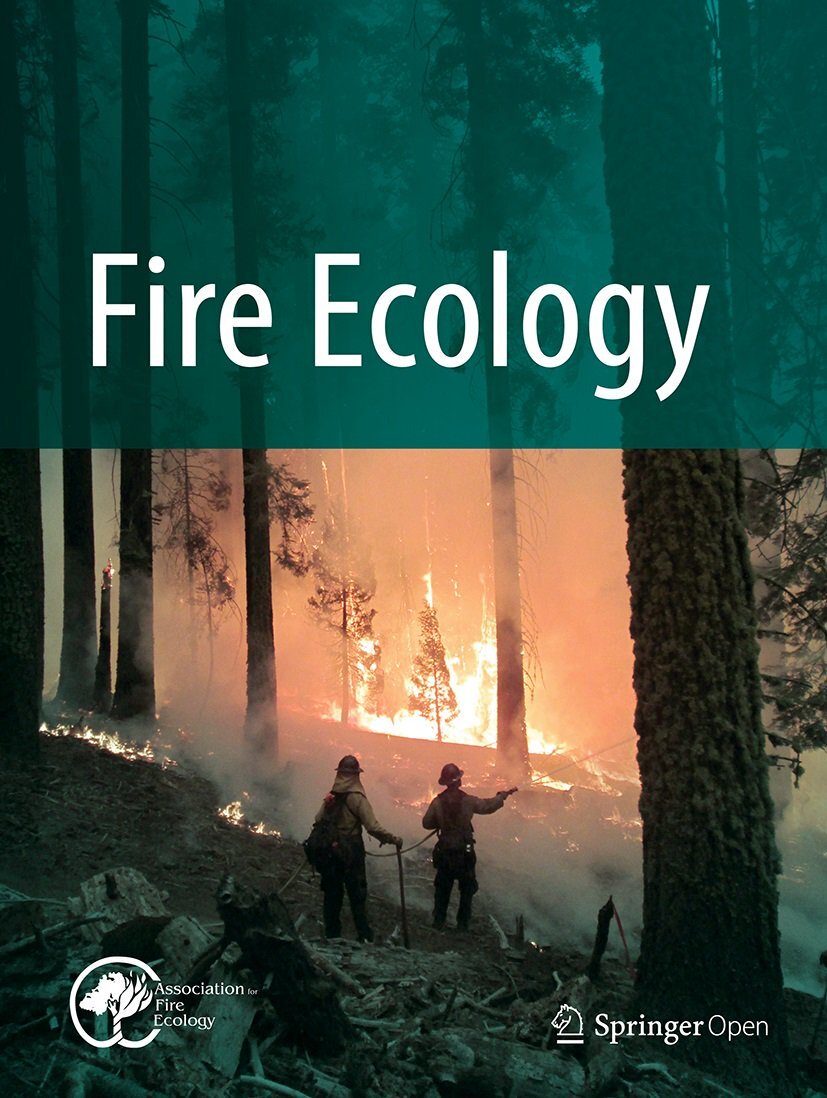Research opportunity: An ORISE postdoctoral research opportunity is available at the USGS Forest and Rangeland Ecosystem Science Center (FRESC) in the research group of Dr. Madelon Case, Supervisory Research Ecologist, based in Corvallis, OR. The Case research group investigates how global and local stressors - especially climate variability, grazing, and fire - interact to shape ecosystem structure and function in rangelands. The postdoctoral fellow will conduct research to synthesize data from the SageSTEP experimental network (www.sagestep.org) and other data sources to quantify how land treatments and site conditions influence above and belowground carbon storage in sagebrush rangelands. Following from this research, the fellow will be part of a broader effort to develop a spatially explicit map of rangeland soil organic carbon across the Great Basin, and to relate carbon resilience to conservation priorities for land management. Dr. Case will provide research mentorship and training in line with the fellow’s professional goals, including writing for scientific publication and communication with land management partners. The fellow will have opportunities to interact with a core group of project collaborators (listed below), with the broader SageSTEP researcher network, and with other researchers in the region collaborating to synthesize rangeland c arbon data.
Collaborators: Benjamin Rau (USFS), Rory O’Connor (USDA-ARS), Lisa Ellsworth (Oregon State University), Beth Newingham (USDA-ARS), Matthew Reeves (USFS)
If you have questions about the nature of the research please contact Madelon Case, mcase@usgs.gov.
Expected stipend: The participant will receive a stipend based on education and experience. Anticipated annual stipend amount is approximately $56,595 to $61,595 (depending on experience) plus a Health Insurance Stipend Supplement for Medical/Rx & Dental/Vision.
Appointment information and eligibility: Anticipated appointment start date is August 2023 but is flexible and will depend on a variety of factors. The appointment will initially be for one year but may be extended for up to two more years upon recommendation of USGS and is contingent on the availability of funds. U.S. Citizen Only, with Doctoral Degree received within the last 60 months or anticipated to be received by 6/30/2023. See the ORISE opportunity announcement for further requirements on eligibility.
Preferred skills:
Academic background in biogeochemistry, soil science, or ecosystem ecology, particularly related to the carbon cycle
Interest or experience with geospatial modelling and mapping
Interest or experience in rangeland or dryland ecosystems
Date to apply: Applications will be reviewed on a rolling basis through 6/9/2023
How to apply: Applications are only accepted using the ORISE opportunity announcement: https://www.zintellect.com/Opportunity/Details/USGS-2023-04
If you have questions about the application process please email USGS@orau.org and include the reference code for this opportunity (USGS-2023-04)
About USGS: The USGS mission is to monitor, analyze, and predict current and evolving dynamics of complex human and natural Earth-system interactions and to deliver actionable intelligence at scales and timeframes relevant to decision makers. As the Nation's largest water, earth, and biological science and civilian mapping agency, USGS collects, monitors, analyzes, and provides science about natural resource conditions, issues, and problems. The USGS Forest and Rangeland Ecosystem Science Center's (https://www.usgs.gov/centers/forest-andrangeland-ecosystem-science-center) mission is to provide scientific understanding and the technology needed to support sound management and conservation of our nation's natural resources, with emphasis on western ecosystems.
About ORISE: The Oak Ridge Institute for Science and Education (ORISE; https://orise.orau.gov/) is a U.S. Department of Energy asset that is dedicated to enabling critical scientific, research, and health initiatives of the department and its laboratory system by providing world class expertise in STEM workforce development, scientific and technical reviews, and the evaluation of radiation exposure and environmental contamination.

